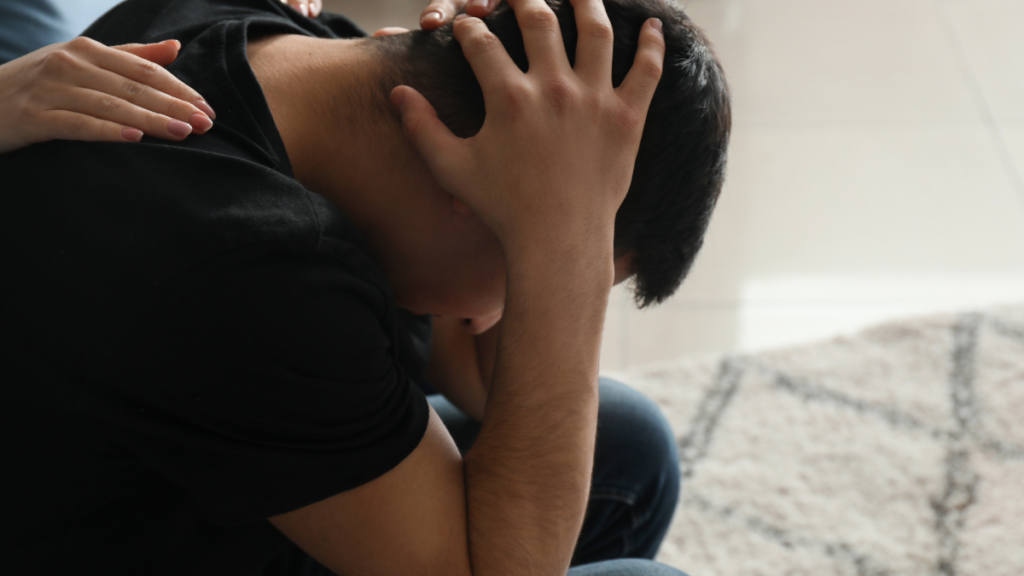People dealing with chronic pain have a greater risk of dying by suicide than the general population. About 5% to 14% of chronic pain patients attempt suicide, while about 32% report suicide ideation. Several factors influence the risk of suicidality among chronic pain patients, including those related to the pain itself, sleep, psychological effects, and mental health conditions. By understanding some of the risk factors, we can be more proactive in preventing suicide among those most vulnerable.
Factors that Influence Suicidality
Chronic pain is a strong predictor of suicidality, including suicidal ideation, suicidal intent, attempted suicide, and completed suicide.
The Pain Itself
Specific chronic pain conditions are more likely to be associated with suicidality than others. For example, migraines and back pain are more closely related to suicide than any other pain condition.
The intensity of pain can also play a role, as those with severe pain seem to have a greater risk of dying by suicide than those with mild pain.
Additionally, the duration of pain is another factor that can impact suicidality. Pain that has been going on for a long time has been shown to increase the risk of suicide.
Psychological Considerations
One clear reason why those with chronic pain may be more susceptible to suicide is that they are looking for a way to escape their pain. A person may feel hopeless about their pain, believing that a positive outcome is impossible. Or, they may start to experience helplessness, thinking that there is nothing they can do to improve their situation.
Mental Health Can Affect Suicidality
Although many people die by suicide due to psychological factors, it is not the complete picture. Many people have a dual diagnosis, which can complicate the relationship between chronic pain and suicidality.
Chronic pain is associated with various psychiatric disorders. An estimated 90% of individuals who die by suicide have at least one psychiatric disorder at the time of death. One mental health condition commonly linked to chronic pain is major depressive disorder. Many people who are depressed have more pain-related complaints and greater impairment from pain.
An estimated 90% of individuals who die by suicide have at least one psychiatric disorder at the time of death.
Conversely, patients with chronic pain are more likely to have depressive symptoms, which are often exaccerbated when a person’s pain is severe. Even when depression is treated, those with chronic pain are more likely to relapse than those not dealing with pain.
Insomnia
As mentioned, a commonly reported motivator for suicidality is the inability to escape their pain. Insomnia is prevalent among people with chronic pain, with at least 50% of this population experiencing difficulty sleeping. Because sleep can be a time to escape pain, insomnia can be particularly distressing to those with chronic pain.
At least 50% of people with chronic pain experience insomnia.
Insomnia and suicidality are linked even among those without chronic pain. Individuals who slept less than four hours per night are three times more likely to die by suicide than those who slept 6 to 8 hours. Those who slept six to eight hours were 1.5 times more likely to die by suicide than those who slept more than eight hours.
The relationship between insomnia and suicidality is even stronger among chronic pain patients. More specifically, sleep-onset insomnia, which is the inability to fall asleep when ready.
Suicide and Chronic Pain Are Public Health Concerns
With suicide being one of the leading causes of death and the prevalence of chronic pain increasing, both suicide and chronic pain are public health issues that need to be addressed. It’s important to make sure those struggling with chronic pain have the support and resources they need to protect themselves from suicide.
Suicide Prevention Lifeline
1-800-273-8255


